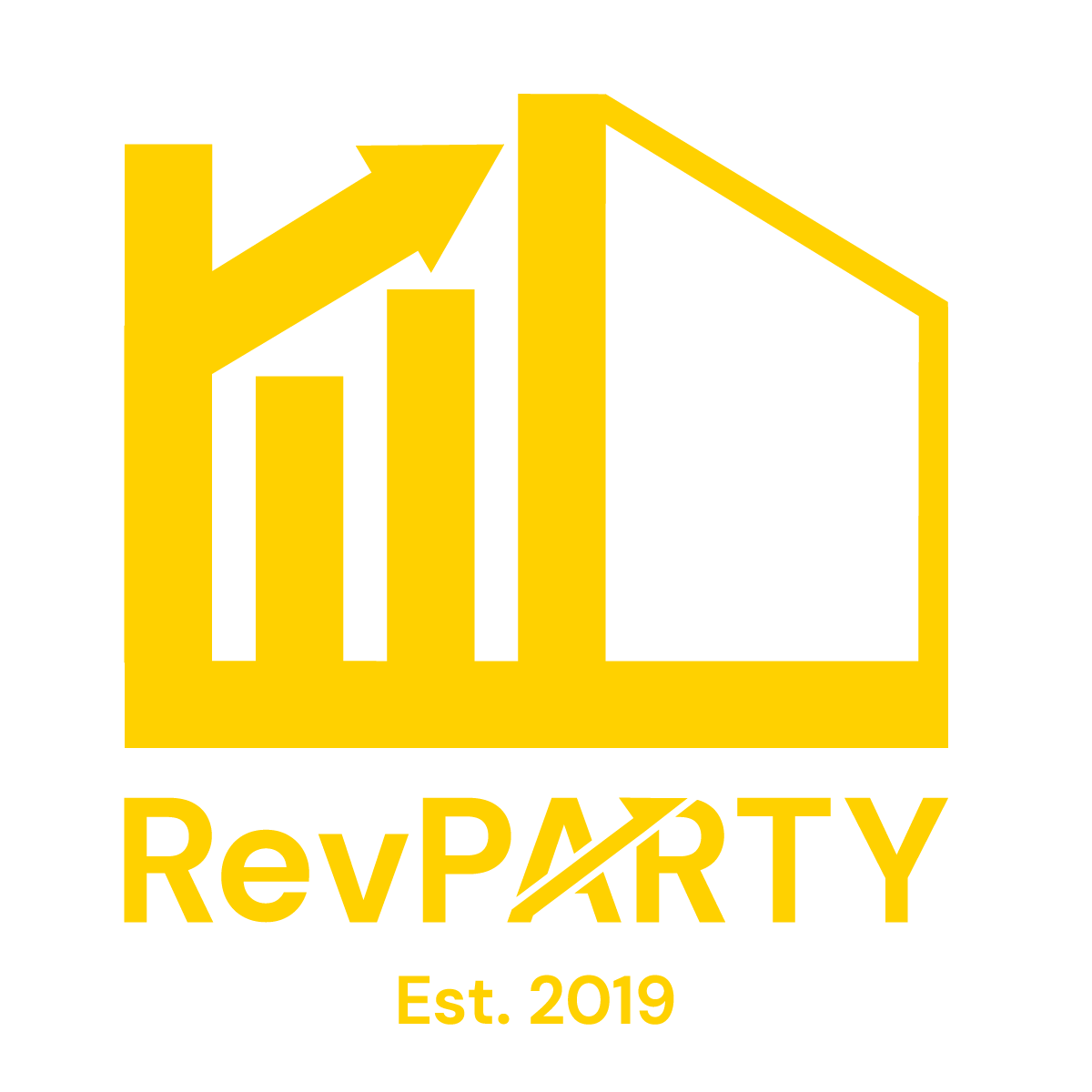Before posting anything else, I thought it would be a good idea to provide a basic glossary of words, acronyms, terms, and definitions commonly used in hotel and vacation rental management. Many of these terms focus around revenue management and its various considerations. I’ve omitted some more obscure or complicated terms. With this list, you should be well equipped to tackle any revenue management material you desire.
Average Daily Rate (ADR) - The average rate paid for rooms sold; calculated by dividing room revenue by rooms sold.
Average Length of Stay (ALOS) – The total booked room nights divided by the number of reservations.
Best Available Rate (BAR) – A commonly used base rate upon which all other priced segments are based. Also, a common rate used for comparison between hotels.
Booking engine – The technology that allows reservations to be made on a website.
Booking Pace - The speed at which bookings materialize over a period of time from the booking date to the arrival date. Booking pace is expressed as a fraction of bookings received on certain days in advance.
Booking window – The timeframe in which hotel reservations come into hotels for a particular stay date(s).
Channel management – The techniques and systems used by hotels to update hotel information, room inventory, and rates in each of the distribution channels.
Channels – Different methods by which a customer books/reserves a room.
Competitive set (compset) – Consists of a group of hotels by which a property can compare itself to the group’s aggregate performance.
Conversion – The transition by a customer from shopping or gathering information to taking an action such as purchasing or making an inquiry.
Dynamic Pricing – The process of actively applying revenue management by selling the same products at different prices to different customers at different times.
Forecast – Expected revenue results based on analysis. Forecasts also typically refer to predicted demand.
Length of stay – The number of nights a guest has booked at the hotel.
Market Segment (MS) - A portion of the customers who possess a common set of motivations as well as a combination of unique purchasing (e.g., advance purchase vs. walk-in) and usage patterns (e.g., single night vs. weekly).
Metasearch–A type of search engine that aggregates inventory from several sources and presents it in a single space.
Minimum Length of Stay (MinLOS)– An inventory control mechanism used to optimize stay patterns, primarily to ensure that a peak demand night does not get filled with one-night stays.
Net rate – The sell rate with commission already taken out, sometimes required for OTAs.
No-Show - The case where some customers with a reservation do not show up to use the room(s) reserved for them, without explicit cancellation.
Occupancy – The percentage of available rooms that were sold during a specified period of time. Occupancy is calculated by dividing the number of rooms sold by rooms available.
Online Travel Agency (OTA) – An Internet-based hotel and travel reservations system. Hotels typically provide inventory to OTAs, which sell the rooms in exchange for a commission.
Pace – Also called pickup, pace is the rate at which reservations are made for a particular date.
Pay Per Click (PPC) – A marketing technique employed when a marketer establishes links or advertising copy on a web page and agrees to pay a fee each time a web user clicks on those links.
Price Elasticity – An economic measure that shows the responsiveness or “elasticity” of the demand for a product based on a change in its price.
Property Management System (PMS) – Used onsite in an individual hotel to allow for guest check-in and check-out.
Rate parity – The strategy to maintain consistency of rates between sales channels, usually enforced through contractual agreements between hotel companies and third-party vendors.
Reputation Pricing - Pricing science that integrates a hotel’s online reputation, guest reviews and ratings into its revenue management strategy.
Revenue Management – The art and science of predicting real-time customer demand and optimizing the price and availability of products to match that demand.
Revenue Strategy – A holistic approach that enables collaboration and innovation across all departments of the hotel or casino enterprise. By unifying teams around a common source of dynamic data and a company-wide mission focused on profitability, an organization can become more efficient, drive more direct engagement with customers and capture more revenue.
STR – A private company that provides a clearing house where hotels can enter their own operating data (ADR, Occupancy and total rooms) and STR then aggregates this information with data from other hotels in the same market and allows participating hotels to compare their KPIs.
Shoulder Date – Nights that are next to full or very compressed dates. If a Friday and Saturday are forecasted to be sold out, and Sunday is not, it would be considered a shoulder date in that example.
Yield – The dynamic pricing, overbooking and allocation of perishable assets to maximize revenue.
Yield Management – Sometimes synonymous with Revenue Management, Yield Management is the process of understanding, anticipating and reacting to customer needs and behavior with the intent of maximizing revenue.

